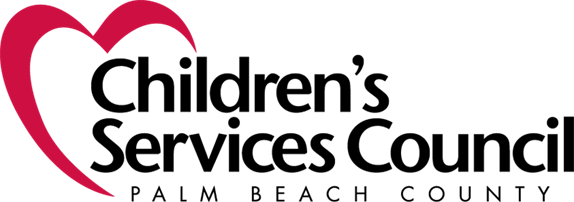By Arielle Tuan
•
22 Mar, 2024
As parents, we want our children to be happy, healthy, and life-long learners. A great way to grow those little minds is by reading to them! Research in early brain development shows that there are some things parents and caregivers can do right away when it comes to introducing your child to books. You can start by letting babies simply hear your voice, and then by giving your baby durable board or bath books to hold. Even if the books end up in your baby’s mouth (which they probably will), this will encourage their interest and allow them to turn the pages by themselves. Below you’ll find more information on what babies learn when we read to them. Start Reading at an Early Age When you read aloud to your baby, it may not seem like much is happening; in fact, you are building language, imagination, literacy, and social-emotional skills! When you read aloud to your baby, they may begin to babble and imitate your words, as well as smile at the sound of your voice! Reading aloud together also counts as a great bonding experience, and introduces concepts such as numbers, letters, colors, and shapes. The more stories you read to your baby, the more words they will hear, and the better they’ll be able to communicate! Parents and caregivers can also: Talk to your baby about what they see around them, whether you’re at home, running errands, or on a walk. Soon enough, they’ll start to connect the words with the objects you point out. When taking a break from reading, try rhyming, singing, or just cuddling with your baby throughout the day. This will teach them that words can be used in many fun, different, and playful ways! Make reading part of your nighttime routine. Reading a book before bed can help to soothe your baby, especially if you read a calming story in a low, comforting voice. Finding the Right Book for Your Baby While it doesn’t matter what you read to your baby, there are certain books that little ones seem to prefer. Here’s what to look for when picking out a book for your baby: As mentioned above, durable board and bath books work best for babies who have curious mouths, new teeth, and lots of drool. Books that have plenty of color, simple objects, and pictures of faces can be more appealing for babies. Books that contain familiar, repetitive, and rhyming text work great at piquing and holding your baby’s interest. How Does Early Reading Help Your Baby’s Development? Every time you read to your baby, they will learn new words and how they are used. They will learn that they can explore books by tasting and touching them, and that if they do something, another thing will happen; for example, if they point at a picture, mom or dad will tell them what the picture shows. Listening is a big part of learning and understanding language, and reading together with your baby will help them connect books with positive experiences. As they grow, they will be likely to pick out books and read on their own! Remember, reading for a just a few minutes at a time is okay, and don’t worry if you don’t finish the story! Babies and young children can only sit still for a short time. Let them decide how much or little time you spend reading together. You don’t need to read every page- you can switch books or stay for a few minutes on your baby’s favorite page. Let your child explore books in ways that interest them, and let the experience be a great one! Happy reading! For free resources and activities on reading aloud to babies and young children, visit https://www.readaloud.org/index.html . For more resources and tips, please connect with our socials and the Powerof15 reading campaign: https://www.readaloud.org/whyanationalcampaign.html


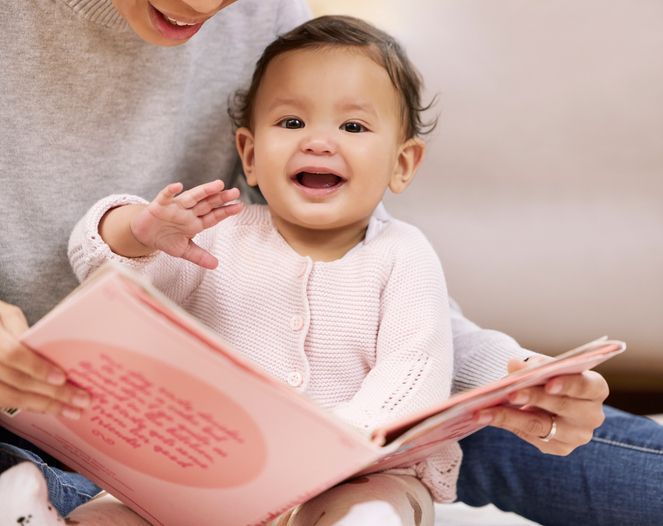



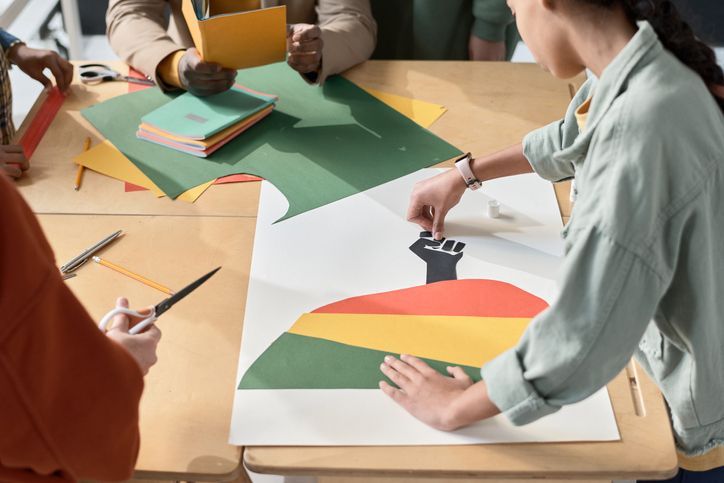
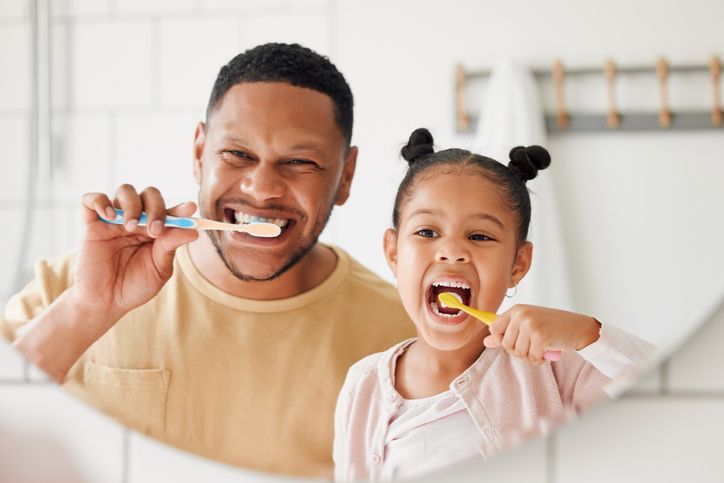
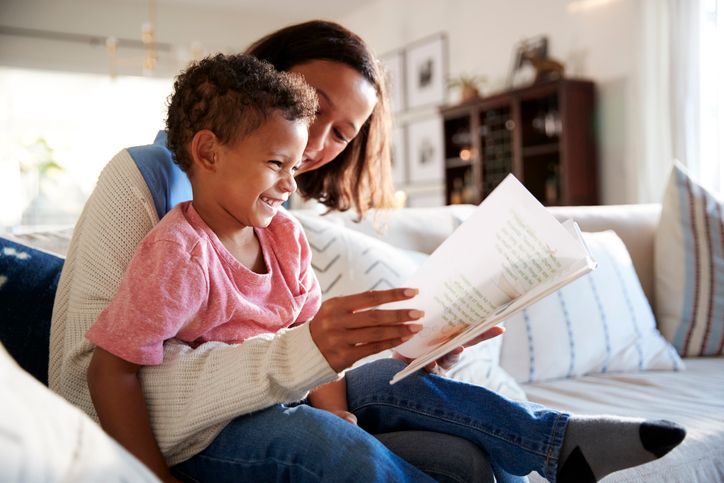

 Translate
Translate


